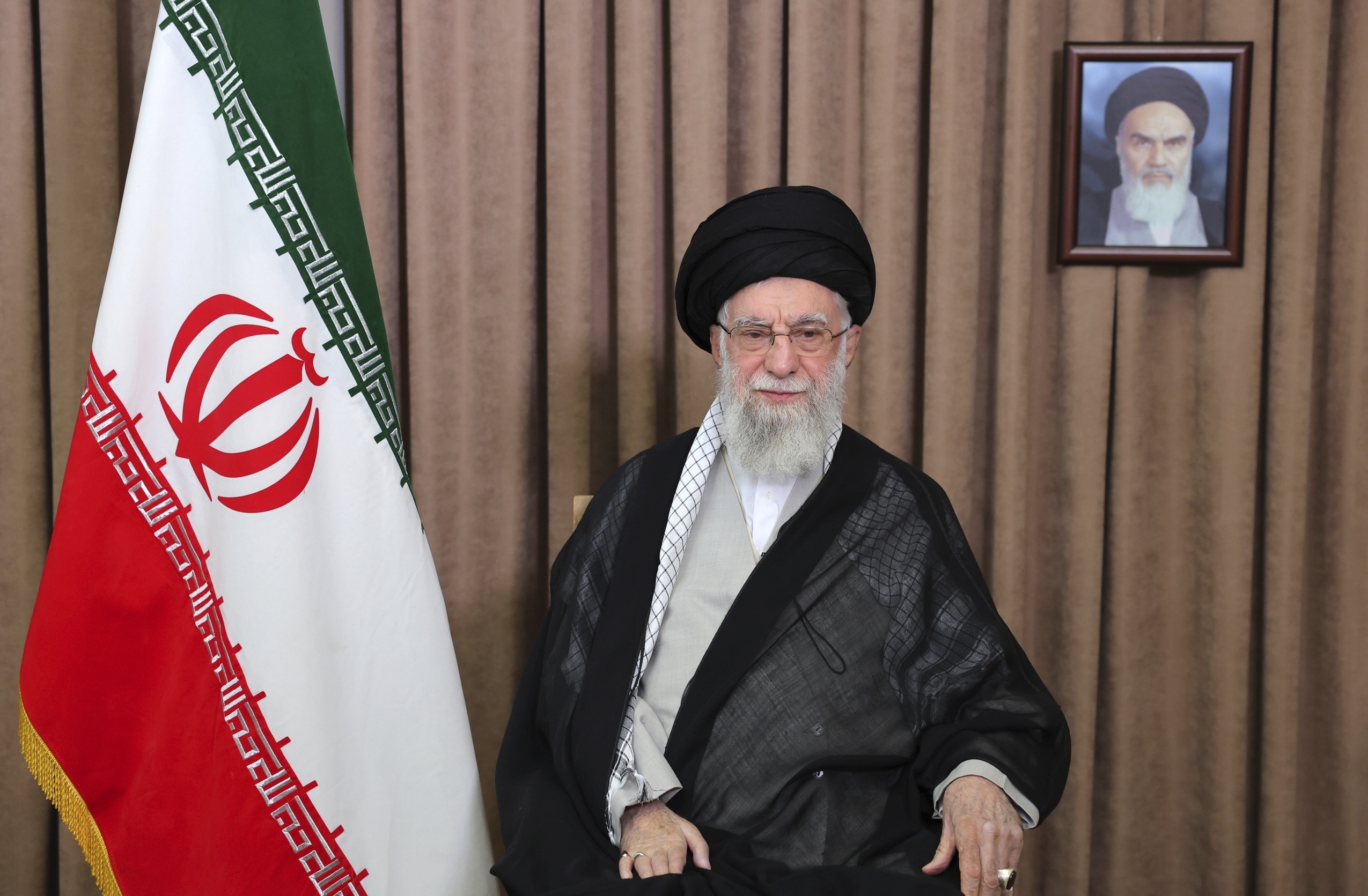Trump Held Off on Acting Against Iran’s Supreme Leader During Height of Tensions
During the peak of hostilities between Iran and Israel, President Donald Trump noted that he had intelligence about the hidden location of Iran’s Supreme Leader Ali Khamenei, yet he chose not to act on it. This follows threats from Iran to potentially target President Trump for assassination. There has been speculation that such an attack could be undertaken using a drone while Trump is at his expansive property in Florida.
An Iranian official released a statement saying ‘Trump’s actions have made it so he can no longer bask in the sun at Mar-a-Lago. As he lies there sunbathing, he might unexpectedly find himself the target of a small drone. It’s a simple possibility.’ The release of this statement is a consequence of the United States attacking nuclear facilities in Iran, a move that sparked international attention.
President Trump asserted that the nuclear sites in Iran had been completely destroyed by the American attack. Post-attack analysis, however, provoked differing views. Some suggested that crucial elements of the nuclear programme remained intact, despite the US-led assault.
The US Department of Defense contested these claims, staunchly maintaining that the three sites that Washington targeted were completely annihilated. A department spokesperson stated ‘Through these targeted operations, we estimate that their programme development has been set back by at least one to two years.’
In a curious development, supporters of Iran have begun raising funds online seeking retaliation against those who disrespect or challenge Iran’s Supreme Leader, Ali Khamenei. This initiative has managed to amass an impressive sum of more than £29.4 million ($40 million) so far, according to Iran International.
The ultimate fundraising goal of this campaign stands at a formidable £73.5 million ($100 million). The Fars News Agency, linked with the Iranian Revolutionary Guards, has sounded calls for ‘Islamic rulings on moharebeh’ to be followed against Mr Trump and the Israeli Prime Minister, Benjamin Netanyahu.
Moharebeh, a term that translates to ‘waging war against God’, carries a death sentence in Iran’s judicial framework. This raises escalating concerns about Iran’s intentions towards not only Mr Trump but also other global leaders.
In 2020, Trump ordered an air strike on Baghdad International Airport, which resulted in the assassination of the Iranian General Qassem Soleimani. This action elicited a strong response from Iran’s supreme leader, who pegged the incident as a declaration of war and fervently vowed to retaliate against those responsible for Soleimani’s death.
On July 2, the Iranian president gave directives to halt the country’s engagement with the International Atomic Energy Agency. This move was an escalation in tensions between Iran and the international community, and raised concerns about the advancement of Iran’s nuclear programme.
Despite the frosty diplomatic climate, Iran’s foreign minister, Abbas Araghchi, suggested that Iran may still be open to negotiations with the US. He conveyed, ‘The doors of diplomacy will never be permanently closed.’ This might be indicative of Iran’s willingness to pursue peaceful resolution, despite the grim rhetoric.

